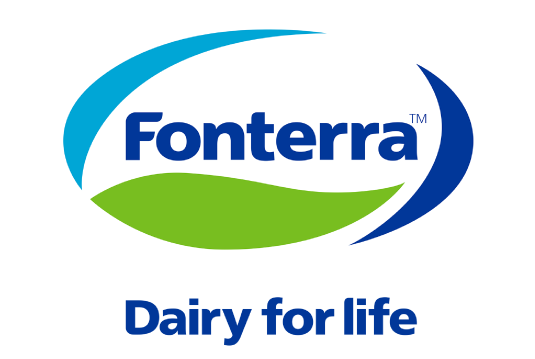Grass Fed All The Way
Where milk comes from plays a part in what milk is best for you.
Evidence continues to mount in favour of dairy products being an exceptional source of valuable nutrients.
Cow’s milk is a good source of high-quality protein. While the composition of milk is influenced by a variety of factors, the cow’s diet remains the key to the nutrition characteristics of the milk.
This means where that milk comes from really does matter.
Dr Andrew Millar
There is a world of difference between dairy products from pasture-raised, grass-fed cows like those in New Zealand and those that come from cows raised in confinement and fed grain-based diets.
Grass-fed cows produce milk that’s naturally packed full of calcium, B vitamins, and many other nutrients and minerals. It can be fortified with vitamins A and D, making it a very nutritious food for both children and adults.
Technical Manager of Fonterra’s On-farm Research and Development, Dr Andrew Millar says “We’re lucky in New Zealand, tucked far away from anywhere. We’re surrounded by clean air and it’s the ideal climate that’s ‘made for milk’.
“It’s the perfect place to grow grass – we have a relatively warm climate with a good amount of rain and a healthy dose of sun.
“This makes it ideal for pasture-fed dairy farming and our cows are 96% grass-fed and spend over 350 days a year on grass, which is more than anywhere else in the world,” he says.
We’re surrounded by clean air and it’s the ideal climate that’s ‘made for milk’.
Cows should be doing what they were meant to do - graze on pasture and produce a volume of milk that is natural to their lifestyle. They certainly aren’t designed to be kept in confinement, chowing down on corn.
“Pasture-fed farming lets cows exhibit more of their natural behaviours, they have reduced diseases and on average they live longer.
“As a result, the health of cows is reflected in the top quality milk she produces, and there are a number of nutritional benefits in grass-fed milk that are different due to the cow’s diet supporting her health,“ Andrew says.
For example, did you know there’s a unique healthy fatty acid in dairy products known as conjugated linoleic acid (CLA) that research is finding has the potential to promote cardiovascular health?
Full-fat milk from grass-fed cows is one of the richest dietary sources of CLA, accompanied by other grass-fed dairy products like cheese, butter, and cream.
So, kick off your day with a splash of milk. But when you do, be sure to choose dairy from grass-fed cows - that’s when you will reap all the health benefits of this nutrient-dense food.

